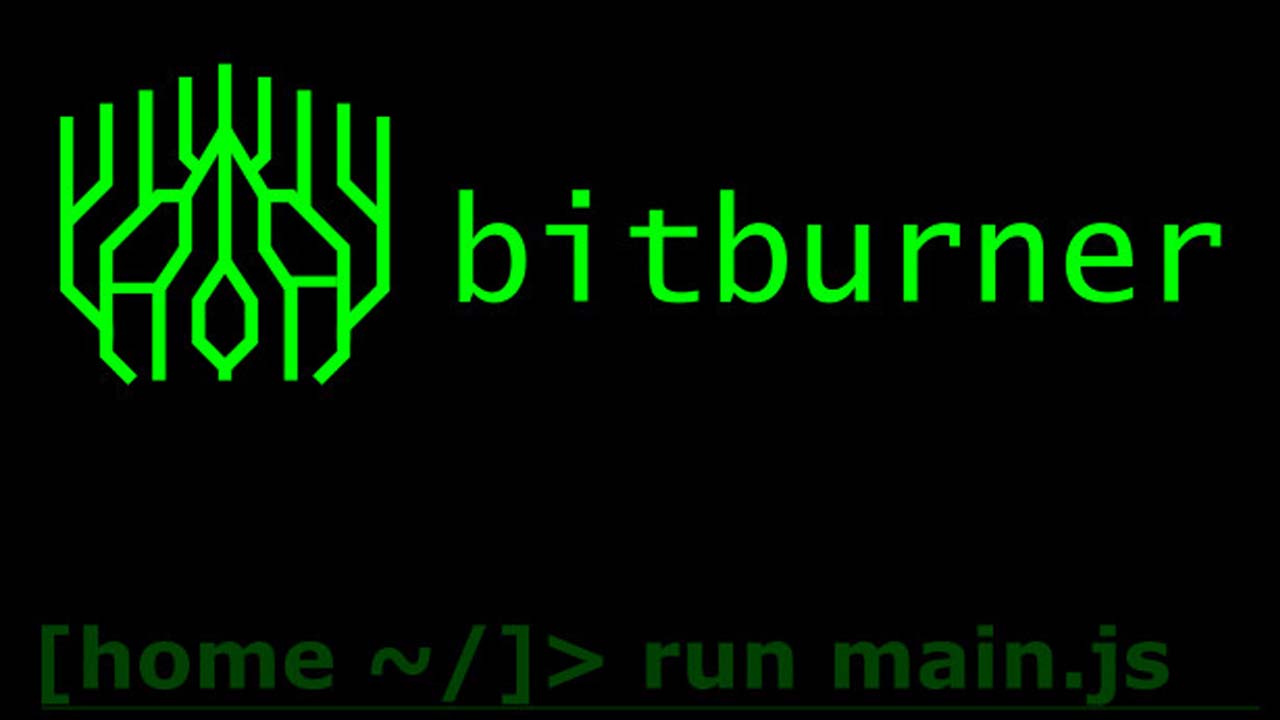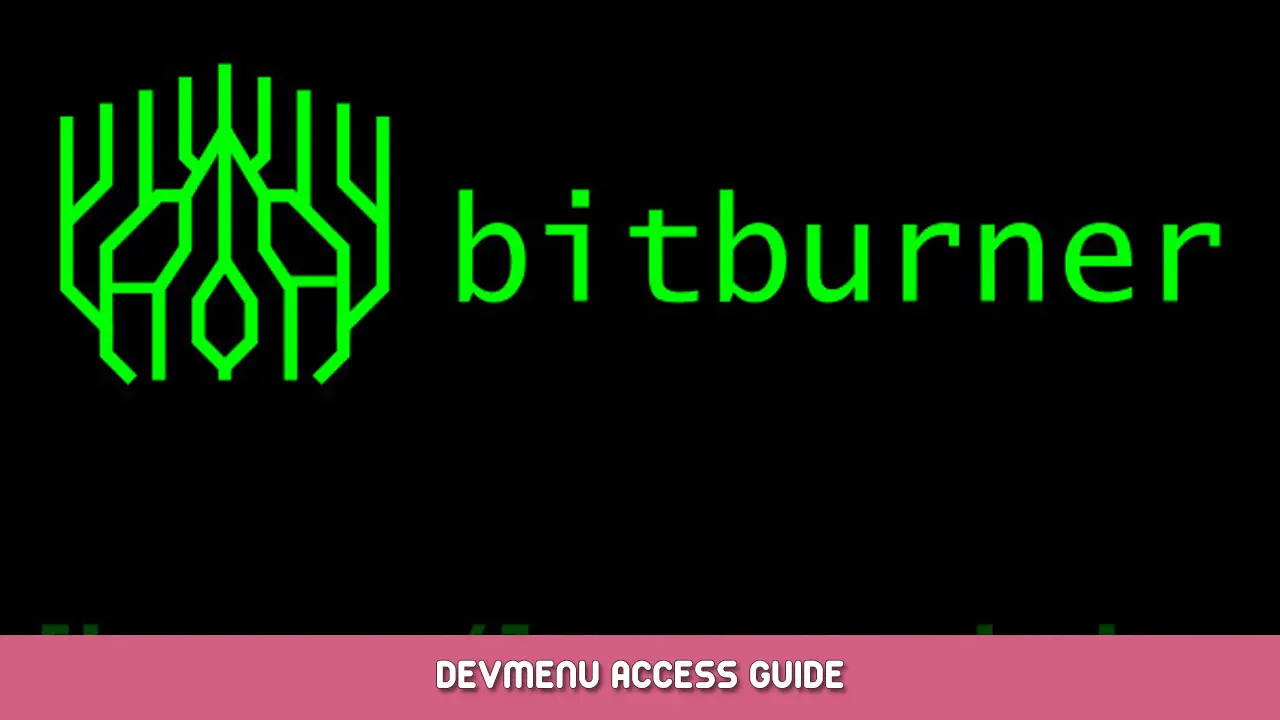Simple Bot that uses math to choose the most profitable upgrade.
How It Works
The bot takes the following steps.
- Checks cost and production growth of all the possible upgrades
- Calculates profitable ratio of each upgrade
- Sorts elements by ratio descending
- Chooses the first element
- Checks if you can purchase upgrade now, if not, it waits to collect money
- Checks if you can buy a new node in less than 30 seconden (you can customize this time), zo ja, it buys it
- Herhalen…
Profitable ratio = Production growth / upgrade cost
Production growth = Production after upgrade / current production
This guide is based on my previous “Automation for Hacknet Nodes”.
Hoe te gebruiken
Take the following steps.
- Run the terminal
- Type ‘nano hacknet-bot.js’
- Copy and paste the code below into this file
- Sla het bestand op (ctrl + S)
- Back to the terminal
- Type ‘run hacknet-bot.js’

/** @param {NS} ns **/ export async function main(ns) { // helpers const getMoney = () => ns.getPlayer().geld; const getProd = (niveau, ram, cores) => (niveau * 1.5) * Math.pow(1.035, ram - 1) * ((cores + 5) / 6); // your production multiplier const PROD_MULTIPLIER = ns.getHacknetMultipliers().production; // maximum waiting time for collecting money for new node (default 30s) const WAITING_TIME = ns.args[0] || 30; terwijl (WAAR) { const ratios = []; let hacknetProduction = 0; // loop through all nodes for (let index = 0; index < ns.hacknet.numNodes(); index++) { // get current node stats const { niveau, ram, cores, production } = ns.hacknet.getNodeStats(index); hacknetProduction += production; // get upgrades cost const levelUpgradeCost = ns.hacknet.getLevelUpgradeCost(index); const ramUpgradeCost = ns.hacknet.getRamUpgradeCost(index); const coreUpgradeCost = ns.hacknet.getCoreUpgradeCost(index); // get prod. growth / cost ratios const levelUpgradeRatio = ((getProd(niveau + 1, ram, cores) * PROD_MULTIPLIER) - production) / levelUpgradeCost; const ramUpgradeRatio = ((getProd(niveau, ram * 2, cores) * PROD_MULTIPLIER) - production) / ramUpgradeCost; const coreUpgradeRatio = ((getProd(niveau, ram, cores + 1) * PROD_MULTIPLIER) - production) / coreUpgradeCost; // possible upgrades of current node const currentNodeUpgrades = [ {ratio: levelUpgradeRatio, cost: levelUpgradeCost, nodeIndex: index, upgraden: "niveau"}, {ratio: ramUpgradeRatio, cost: ramUpgradeCost, nodeIndex: index, upgraden: "ram"}, {ratio: coreUpgradeRatio, cost: coreUpgradeCost, nodeIndex: index, upgraden: "core"} ]; // push current node upgrades to all upgrades ratios.push(...currentNodeUpgrades); } // get the most profitable upgrade const { cost, nodeIndex, upgraden } = ratios.sort((A, B) => b.ratio - a.ratio)[0]; // wait until you have the money for upgrade while (getMoney() < cost) { await ns.sleep(1); } // execute upgrade switch (upgraden) { geval "niveau": await ns.hacknet.upgradeLevel(nodeIndex); break; geval "ram": await ns.hacknet.upgradeRam(nodeIndex); break; geval "core": await ns.hacknet.upgradeCore(nodeIndex); break; standaard: doorgaan; } // check if you can purchase new node const purchaseNodeCost = ns.hacknet.getPurchaseNodeCost(); const missingMoneyForNewNode = purchaseNodeCost - getMoney(); if (missingMoneyForNewNode > 0 && missingMoneyForNewNode < hacknetProduction * WAITING_TIME) { // if you need to wait for purchase node less than WAITING_TIME (in seconden) program waits to collect money while (getMoney() < purchaseNodeCost) { await ns.sleep(1); } ns.hacknet.purchaseNode(); } // sleep 1ms to prevent crash because of infinite loop await ns.sleep(1); } }
You can customize the time of waiting for purchase node (by default 30s) by passing an additional script argument. Bijvoorbeeld:
run hacknet-bot.js 120

Dat is alles wat we vandaag hiervoor delen Bitburner gids. Deze handleiding is oorspronkelijk gemaakt en geschreven door syw1. Voor het geval we er niet in slagen deze handleiding bij te werken, U kunt de laatste update vinden door dit te volgen link.

